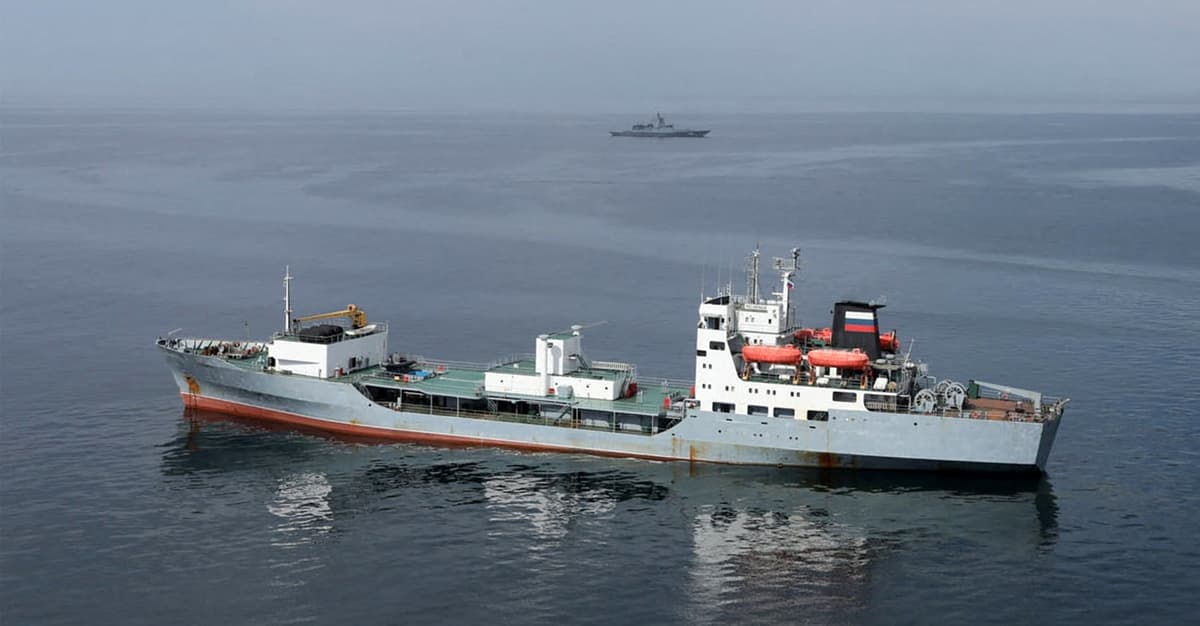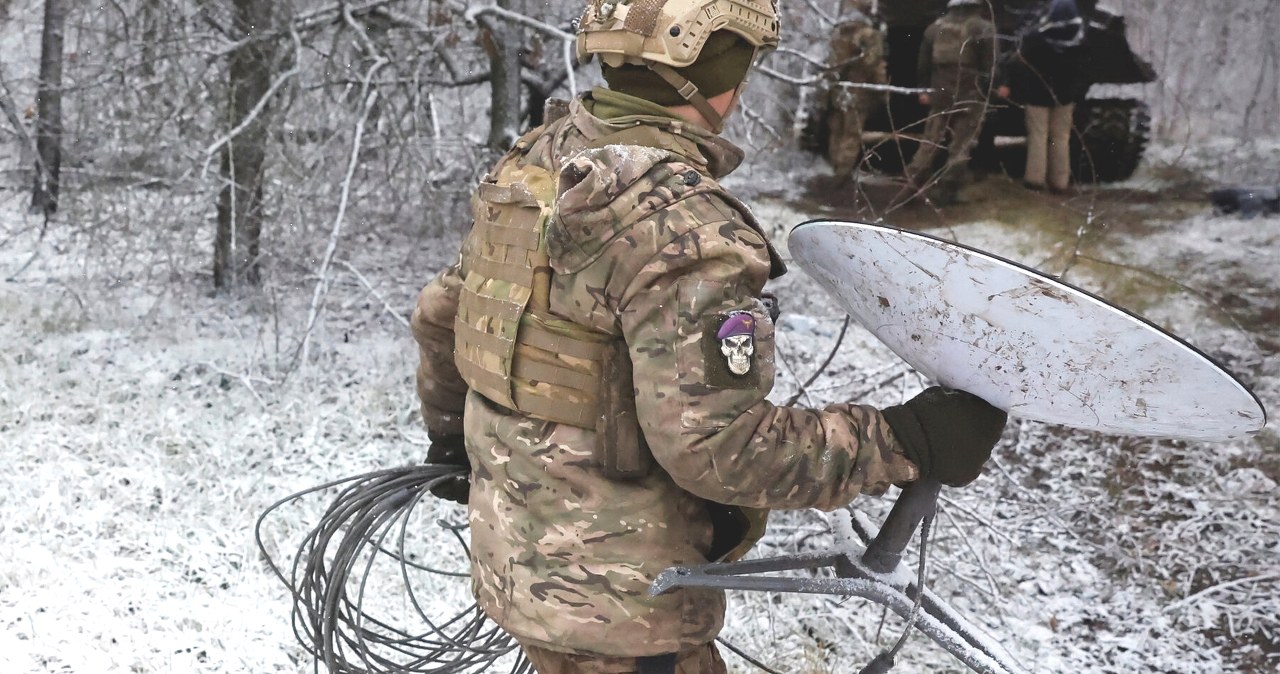The Czech Republic says goodbye to Russian oil for good. "We finished the next step"
natemat.pl 8 months ago
- Homepage
- Russia
- The Czech Republic says goodbye to Russian oil for good. "We finished the next step"
Related
recommended
Syria: Chrześcijanie wciąż prześladowani
2 days ago
"Upadek Londynu"? Polityka z choinką w tle
5 days ago











